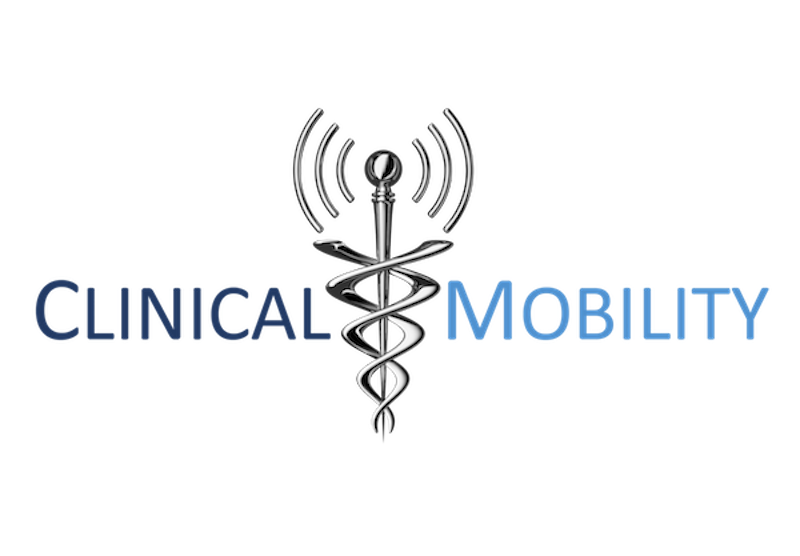We put too much emphasis on information technology (IT). Technology can be a dizzying array of complexity requiring incredibly specialized skills. Today’s headlines focus on AI, robot servants, self-driving cars and the likes of ChatGPT for obvious reasons—it’s amazing and we’re living in a transformative time.
We often tritely reference the idea of a “paradigm shift” but ask yourself: In all of your previous uses of that phrase, can you honestly say that it isn’t more profound now than in the past?
Businesses spend insane amounts of money on technology. CEOs and business leaders understand the critical role that technology plays. However, there is an extreme disconnect between the vision for technology’s role and the people deploying it.
As a (recovering) technologist myself, I hope you can appreciate my perspective. Technology professionals are some of the smartest people on our planet. However, I see that IT professionals are often missing the bigger picture. My assertion is that we, as an IT community, are far too disconnected from “the business” of healthcare.

When I started Clinical Mobility, I set out to solve the reliability problem for wireless in healthcare. While we at Clinical Mobility certainly know how to solve this problem, I contend that now, nearly 8 years later, I was missing the bigger picture myself. We were missing the greater perspective how we should be thinking.
“Aligning your technology to your clinical strategy” is our website headline now. As a healthcare-focused company, we strive to connect our audience to our mission and our greater vision to “enable customers to realize business value from technology investments.”
This vision speaks to the heart of this article. What “business” problem are we trying to solve by employing technology? How often do you think about that question? I mean consciously think about that question? If I were to guess at a percentage, my experience tells me less than 5% of IT professionals. We get lost in the deep dark chasms of technology’s quirks and complexities and trying to deliver it in a working manner.
What’s more is that IT has broadened. We now have teams within teams specializing in specific areas. Unfortunately, we don’t work well together across said teams and often fall into the trap of blaming problems on other teams whether it be ignorance, frustration, or because it’s factual. This tends to leave our customers disoriented, yet they’re the ones we all aim to serve.
Clinical Mobility acts with this mission and purpose every day, no matter the size of the task. To be different, we must start thinking differently. We must put everything into perspective and ensure we are creating business value for our customers, because at the core of what we do at Clinical Mobility and all throughout IT, it’s not the technology that matters, but deriving value from it.




Leave Comment